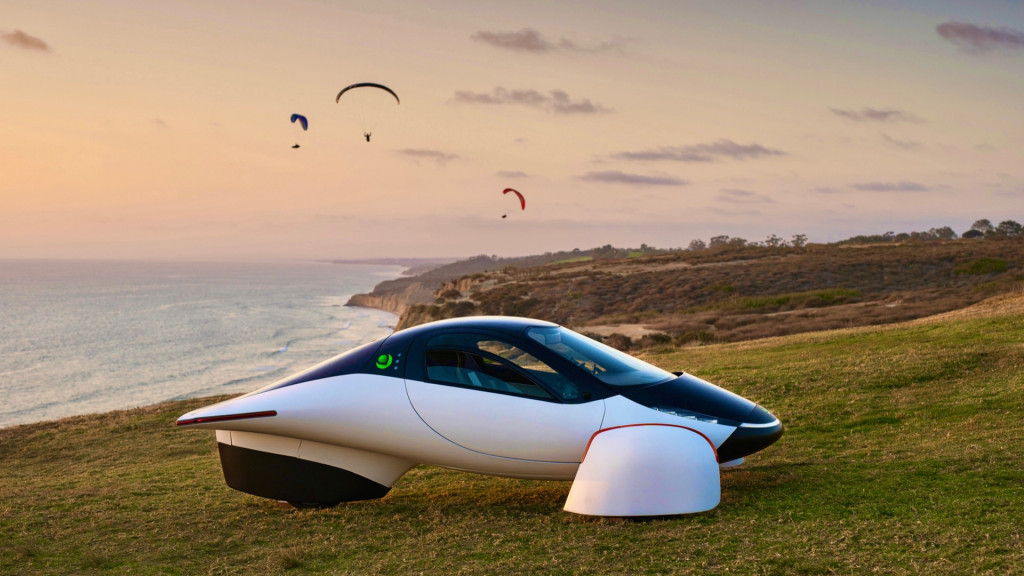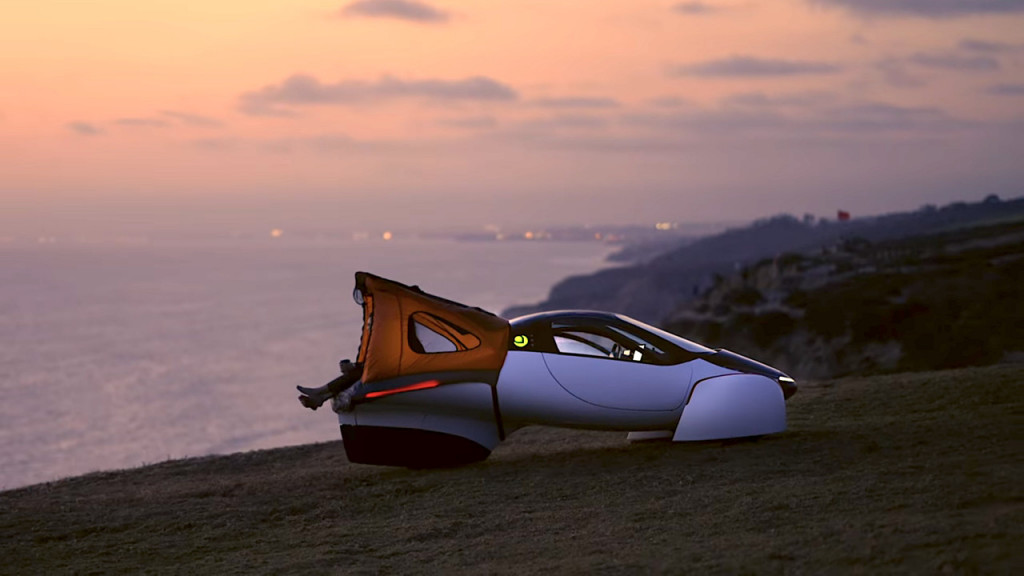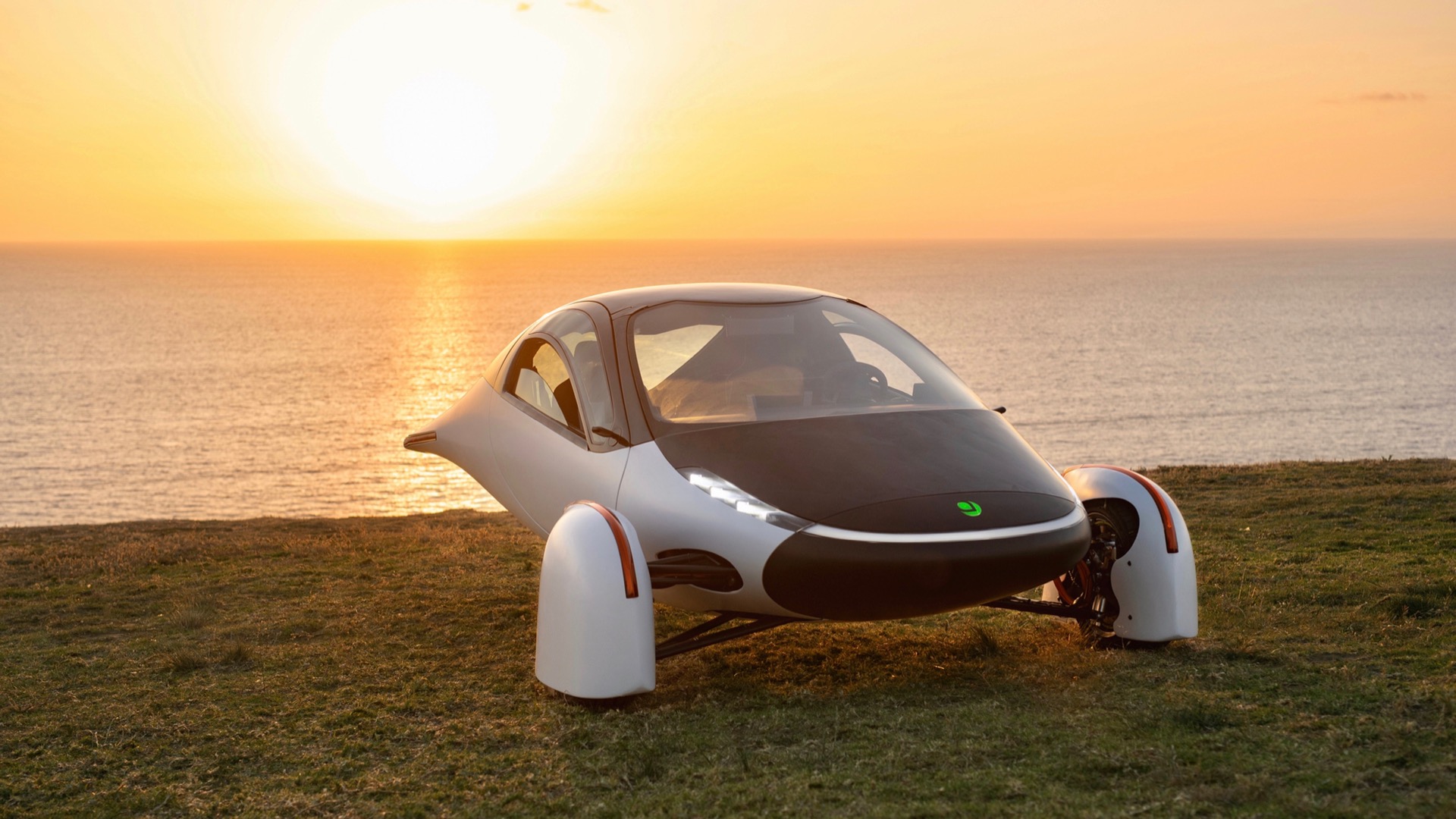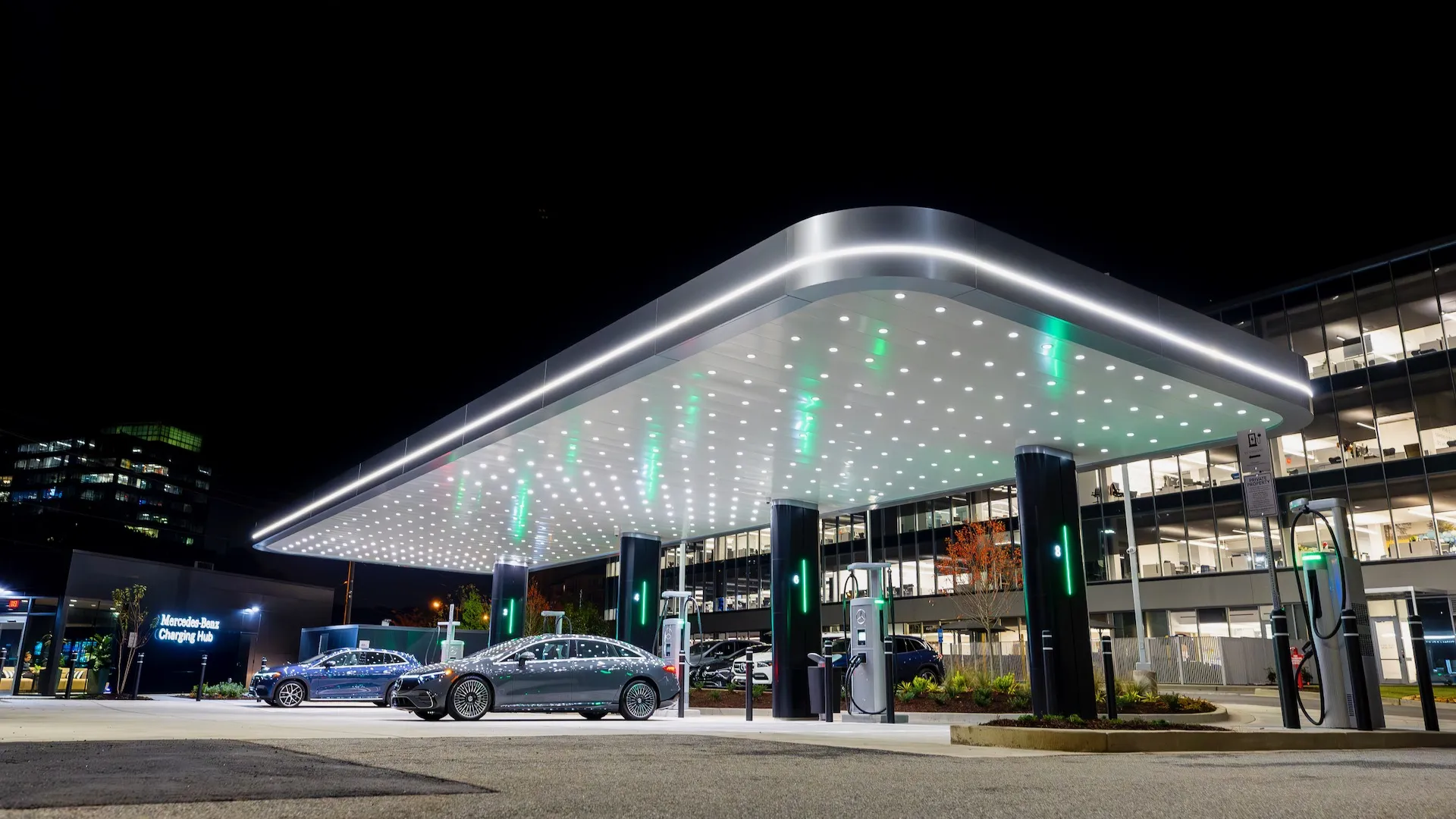Aptera this week gave an update on its solar-assisted EV, but still hasn’t provided a firm timeline for production.
The Aptera 3-wheeler uses integrated solar panels to boost range up to 1,000 miles in some versions, with enough power to outrun some sports cars, Aptera has claimed.
It can also be charged conventionally, and Aptera was the first non-Tesla automaker to confirm the use of Tesla’s NACS charge port).
Earlier this year the company claimed to have 40,000 reservations for the vehicle, and designated the first 5,000 as Launch Editions. These will have one motor powering each wheel with a total output of 171 hp, and a 42-kwh battery pack providing an estimated 400 miles of range, with other versions slated to arrive later. The company now says an investment of $10,000 will net one of the first 2,000 build slots.

Aptera Sol alpha prototype
Exact timing remains unclear, but in its progress report Aptera said over 60% of the “essential equipment and tools” needed to produce the EV’s carbon-fiber body shell had been “completed and commissioned.” The equipment, which includes stamping dies and post-process tooling, has some of the longest lead times and costs of the needed manufacturing equipment, according to Aptera, hence why it’s being checked off first.
Tooling is already being used to produce parts for production-intent vehicles that will be used for testing and validation, according to Aptera. This will include fine tuning of suspension and software, durability and efficiency testing of the powertrain, and testing of the airbags and climate control system, the company said. This will be followed by crash-testing, as well as validation of the production line.
Aptera has had multiple false starts. After a previous project a decade ago was canceled. Aptera relaunched in 2020 and claimed that its $25,900 three-wheeler would arrive in 2021. Based on its latest report, Aptera seems as close as it’s ever been to actually delivering vehicles to customers.

Aptera with pop-up tent
In this latest update, Aptera also claims in this video that it invented automotive-grade curved solar panels. The people behind Sono Motors might argue with this as they made similar claims. That German firm has since gone dark on its solar-car project, with the company now focusing on solar-focused fleet tech instead.
Netherlands-based Solar-EV startup Lightyear also encountered financial issues and halted production of its flagship Lightyear 0, instead claiming it will focus toward it mass-production Lightyear 2. Will California’s Aptera fare any better?










